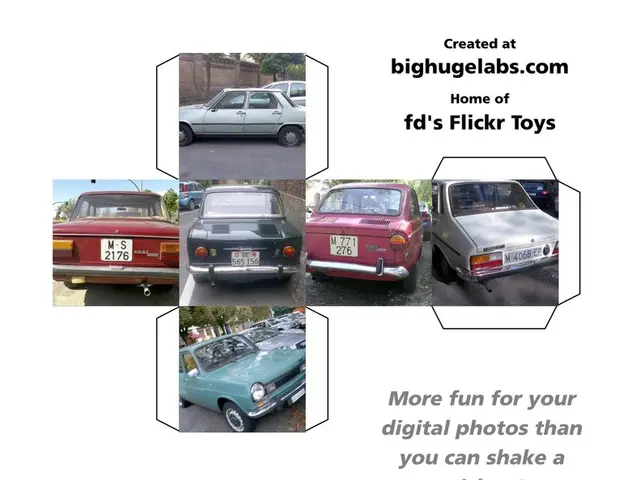LG Exits Smartphone Market After Years of Decline
LG Electronics has announced its withdrawal from the smartphone market after years of decline. The company, once a major player, has seen its market share plummet since 2017. Despite attempts to revive its mobile business, such as the Explorer Project and the Wing smartphone, LG has decided to focus on other sectors.
LG's smartphone market share has been in steady decline since 2017, dropping below 2% in 2019. The company's late entry into the smartphone market and its audacious approach are cited as contributing factors to its demise. LG was once the world's third-largest handset maker, but it has struggled to maintain its position in the competitive market.
LG's mobile communications division has been unprofitable since the second quarter of 2015, with accumulated losses of 5 trillion won ($4.4 billion) in 2020. The company has shifted smartphone production to Vietnam and expanded outsourcing deals to reduce costs. However, these efforts were not enough to turn around the slump.
LG aims to utilize its mobile business assets and know-how to grow other businesses. It plans to use its mobile unit workforces to improve IoT and customer-care platforms, smart home services, and expand the LG ThinQ IoT platform ecosystem. To achieve this, LG has partnered with Octopus Energy Group, integrating its heating and cooling solutions with Octopus’ AI-driven Kraken energy platform.
LG Electronics will focus on bolstering sectors like vehicle components, connected devices, and artificial intelligence (AI) after exiting the mobile phone business. The company's vehicle components solutions division is expected to make a turnaround in 2021 and achieve average annual growth of 15% through 2024.
LG's exit from the smartphone market marks a significant shift in the company's strategy. While its mobile business has struggled, LG aims to leverage its mobile business assets and know-how to grow in other sectors. The company's focus on vehicle components, connected devices, and AI signals its commitment to the future of technology.








